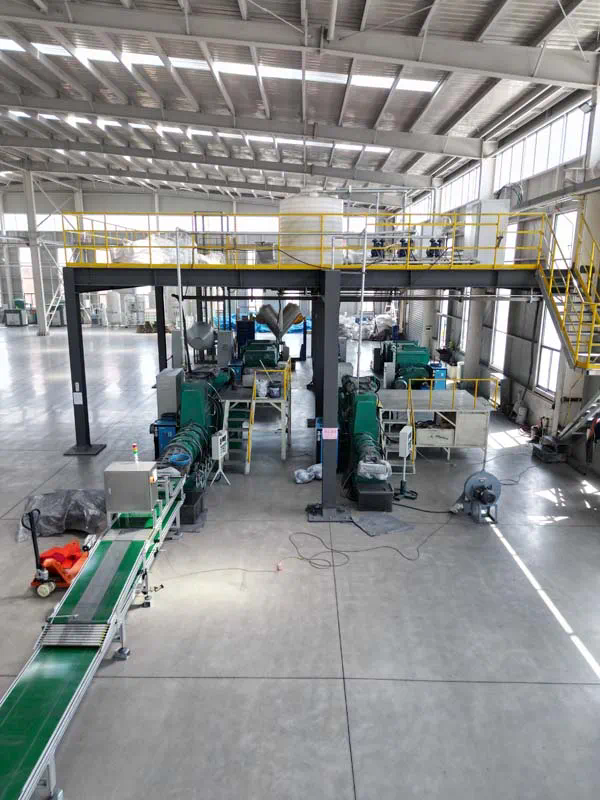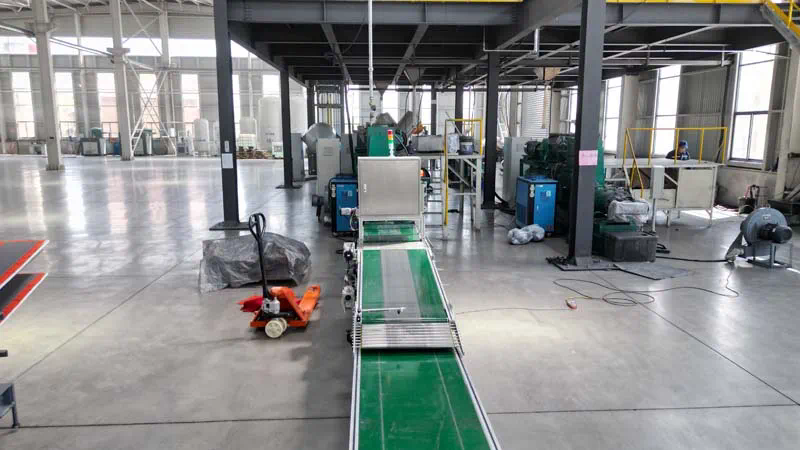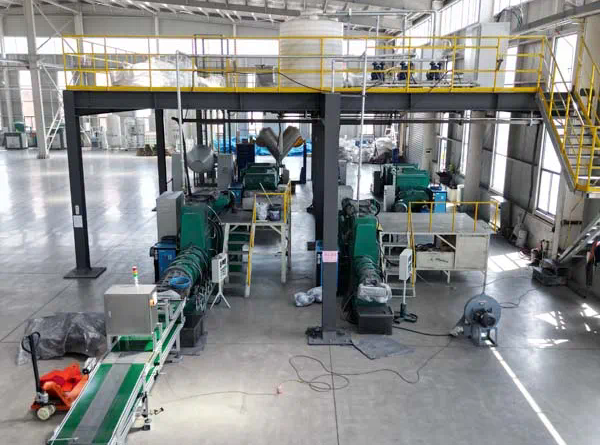Application of Silicon Carbide in Marine Engineering Research
Application of Silicon Carbide in Marine Engineering Research
Silicon carbide (SiC) has emerged as a crucial material in the realm of marine engineering, revolutionizing various aspects of marine technology due to its exceptional properties Silicon Carbide Support Rod And Support Beam and performance under harsh conditions. This article explores the extensive applications of silicon carbide in marine engineering, highlighting its role in enhancing efficiency, durability, and sustainability across different marine applications.

Introduction to Silicon Carbide
Silicon carbide, a compound of silicon and carbon, is renowned for its remarkable properties that make it highly suitable for demanding applications in marine engineering. It exhibits exceptional hardness, high thermal conductivity, low thermal expansion coefficient, excellent corrosion resistance, and superior mechanical strength compared to traditional materials like steel and aluminum. These properties collectively position silicon carbide as a versatile material capable of withstanding extreme environments encountered in marine operations.
Properties of Silicon Carbide Relevant to Marine Engineering
Silicon carbide’s properties play a pivotal role in its widespread adoption across various facets of marine engineering:
Mechanical Strength and Durability
Silicon carbide boasts superior mechanical strength and hardness, making it ideal for components subjected to high stress and wear in marine environments. Its hardness rivals that of diamond, ensuring durability and longevity in marine applications.
Corrosion Resistance
One of the standout features of silicon carbide is its excellent resistance to corrosion from seawater, acids, and alkalis. This property significantly extends the service life of marine components exposed to corrosive marine environments, reducing maintenance costs and downtime.
Thermal Conductivity and Heat Management
With a high thermal conductivity, silicon carbide facilitates efficient heat dissipation, crucial for thermal management in marine engines, power electronics, and propulsion systems. Enhanced heat transfer capabilities contribute to improved efficiency and reliability in marine operations.
Electrical Properties
Silicon carbide exhibits semiconductor properties that are advantageous for high-frequency and high-temperature electronic applications in marine instrumentation and communication systems. Its ability to operate effectively at elevated temperatures further enhances its suitability for marine electronic devices.
Applications of Silicon Carbide in Marine Engineering
Silicon carbide finds diverse applications across various domains within marine engineering, including but not limited to:
1. Propulsion Systems
In marine propulsion systems, silicon carbide components such as bearings, seals, and thrust washers enhance efficiency and reliability. The material’s low friction coefficient and high wear resistance minimize energy losses and extend maintenance intervals, thereby optimizing vessel performance.
2. Power Electronics
Silicon carbide power semiconductors are revolutionizing marine power electronics by enabling higher efficiency, reduced size, and weight of electrical components such as inverters, converters, and motor drives. These advancements contribute to energy savings and enhanced power management aboard marine vessels.
3. Heat Exchangers and Cooling Systems
Silicon carbide heat exchangers and components in cooling systems offer superior thermal conductivity and corrosion resistance, ensuring efficient heat exchange and cooling of critical marine equipment and machinery. This capability is crucial for maintaining optimal operating temperatures and preventing overheating in marine engines and systems.
4. Structural Components
The exceptional mechanical properties of silicon carbide make it suitable for manufacturing structural components in marine vessels, including hulls, propeller shafts, and valve components. Its high strength-to-weight ratio and resistance to fatigue enhance structural integrity and safety, contributing to the overall robustness of marine structures.
5. Sensor Technology
Silicon carbide-based sensors play a vital role in monitoring and controlling various parameters onboard marine vessels, such as pressure, temperature, and chemical composition. These sensors provide real-time data for decision-making, ensuring operational efficiency and safety in marine environments.
Challenges and Future Prospects
While silicon carbide offers significant advantages, its widespread adoption in marine engineering faces challenges such as high manufacturing costs, limited supply chain infrastructure, and the need for specialized expertise in processing and handling. Addressing these challenges requires collaborative efforts from industry stakeholders to advance manufacturing techniques, expand material availability, and promote knowledge sharing.

Looking ahead, ongoing research and development initiatives aim to further enhance the performance and cost-effectiveness of silicon carbide technologies in marine applications. Innovations in material design, processing technologies, and application-specific solutions hold promise for unlocking new possibilities in marine engineering, driving sustainability, efficiency, and reliability in maritime operations.
Conclusion
The application of silicon carbide in marine engineering represents a significant technological Silicon Carbide Desulfurizing Nozzle advancement, leveraging its exceptional properties to address challenges and enhance performance across diverse marine applications. As the marine industry continues to evolve towards sustainable and efficient practices, silicon carbide stands poised to play a pivotal role in shaping the future of marine technology.
By harnessing its mechanical strength, corrosion resistance, thermal conductivity, and electrical properties, silicon carbide enables innovations that elevate the efficiency, durability, and sustainability of marine operations worldwide. Embracing these advancements fosters a pathway towards safer, more reliable, and environmentally responsible maritime solutions, underscoring silicon carbide’s transformative impact in marine engineering research and practice.
https://hearingearly.com/




